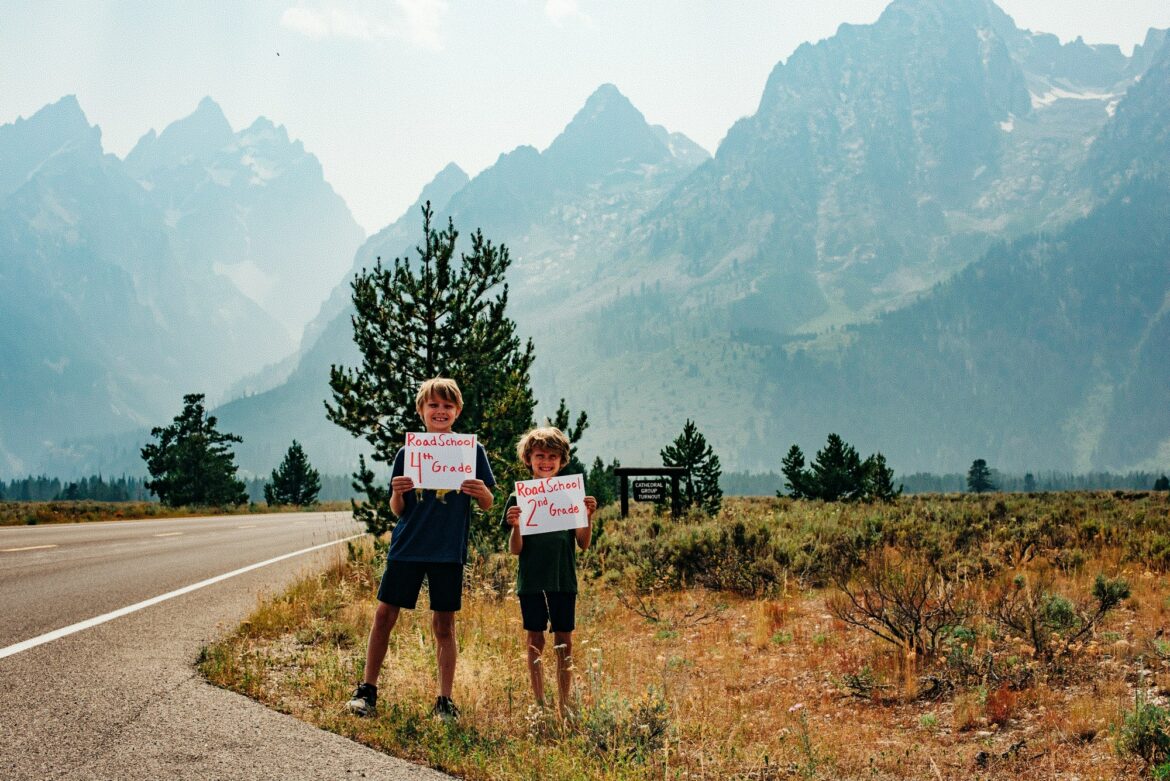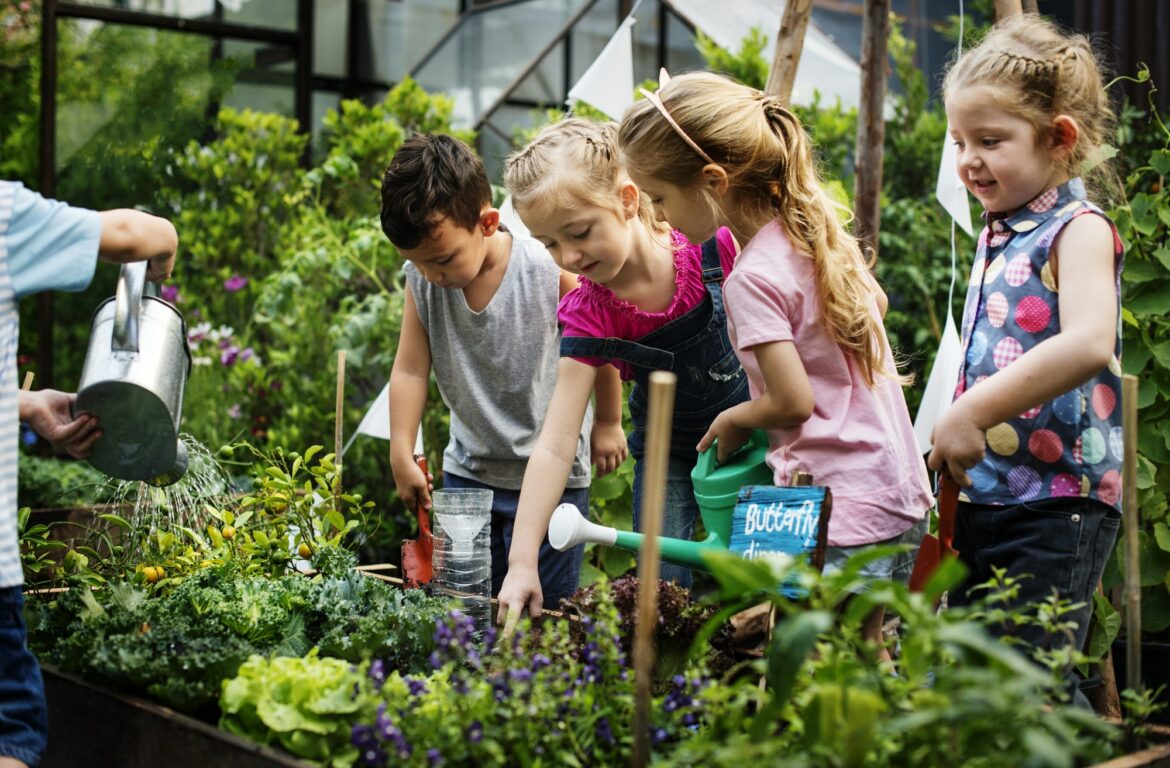
RV Dreams? Keep it Running Well With These Tips.
If you’re like us, the idea of traveling in an RV with your family is a pretty alluring one. There are endless possibilities for destinations and adventures when you hit […]
 play_arrow
play_arrow
Anthony’s Philippines: “It was an Adventure” Jake Redman
 play_arrow
play_arrow
Anthony’s Amazing Singapore: “Toe Dipping” Point of SE Asia Jake Redman
 play_arrow
play_arrow
Anthony’s Ireland: Hellman’s Makes Ketchup Too Jake Redman
 play_arrow
play_arrow
Dallas, Disney and Deals. Our 100th Episode. Jake Redman
 play_arrow
play_arrow
AirBnB Cancels Some Cancelling & Jake Thinks Charlotte is a Beach Town Jake Redman
Contributing Author July 7, 2022

Keeping up your kids education while on the road as a family is, in many respects, a more difficult lifestyle than homeschooling your children while residing in one location.
On the other hand, families that choose this way of life typically view it as significantly more rewarding than the alternatives, and it is undeniably true that the adventures that you and your loved ones have together while traveling may help you create amazing memories to share with one another.
The process of educating children outside of the traditional school setting may in and of itself be an exciting journey for both the children and their parents. Learning about different cultures, religions, and locations outside of the classroom may be accomplished in a more hands-on manner when one participates in homeschooling while traveling. The term “worldschooling” is used by some to refer to this form of education.

The fact that a child’s educational experience may be molded to fit his or her own passions and skills is one of the many advantages of educating children at home. It is a personalized approach to education that may be structured around the way of life of your family, rather than your family having to attempt to fit their lives into the schedule of the school.
The majority of homeschooling households encourage them to learn mostly via play and exploration of their surroundings. For instance, a day spent at the beach, a museum, or an animal sanctuary to find out the difference between turtles and tortoises may serve as an educational outing. Children have the opportunity to experience a more real-world, ever-changing, and diverse environment when they are not confined to a classroom.
Some things you can do:
This will assist you in identifying potential learning environments and pathways. You might even get your children involved in this activity.
You could encourage your children to use Google Earth to look for unique landmarks in other locations and share their findings with you.
Even a basic understanding of the language of the region will allow you to engage in parts of the culture that you would not have otherwise encountered.
Downloading some interactive language applications will allow you and your children to get a head start on learning the fundamentals of the new language together. Singing songs in the language you are trying to learn is an additional enjoyable technique to increase the size of your vocabulary and enhance your pronunciation.

People are more likely to open up to you and further promote possibilities for learning if you know a bit of the local language. This is because knowing a bit of the local language is a sign of respect.
You should encourage your children to participate in critical and creative thought by engaging in question-and-answer sessions with them, during which you pose questions to them and react to their inquiries. For instance, as you are strolling down the street in the city that you are visiting with your kids, you should urge them to pay attention to what is going on around them and ask them questions that provide room for their responses.
Do you involve education in your kids travel? Let us know your tips in the comments or @modhop on twitter, instagram or TikTok.


Contributing Author July 3, 2022
If you’re like us, the idea of traveling in an RV with your family is a pretty alluring one. There are endless possibilities for destinations and adventures when you hit […]
© 2023 modhop All Rights Reserved. Unauthorized use and/or duplication of this material without express and written permission from this site’s author and/or owner is strictly prohibited. Excerpts and links may be used, provided that full and clear credit is given to modhop with appropriate and specific directions to the original content.
Post comments
This post currently has no comments.